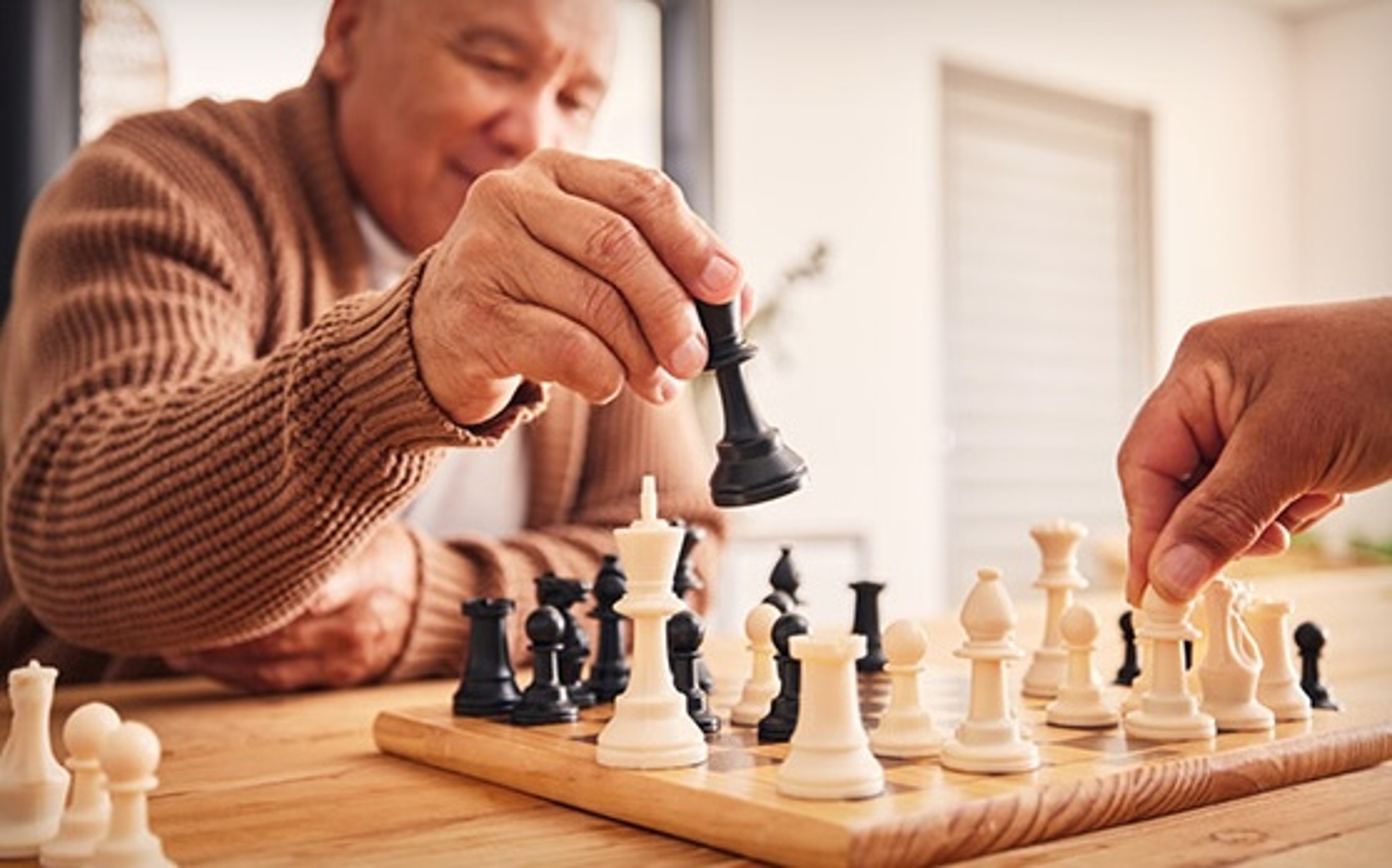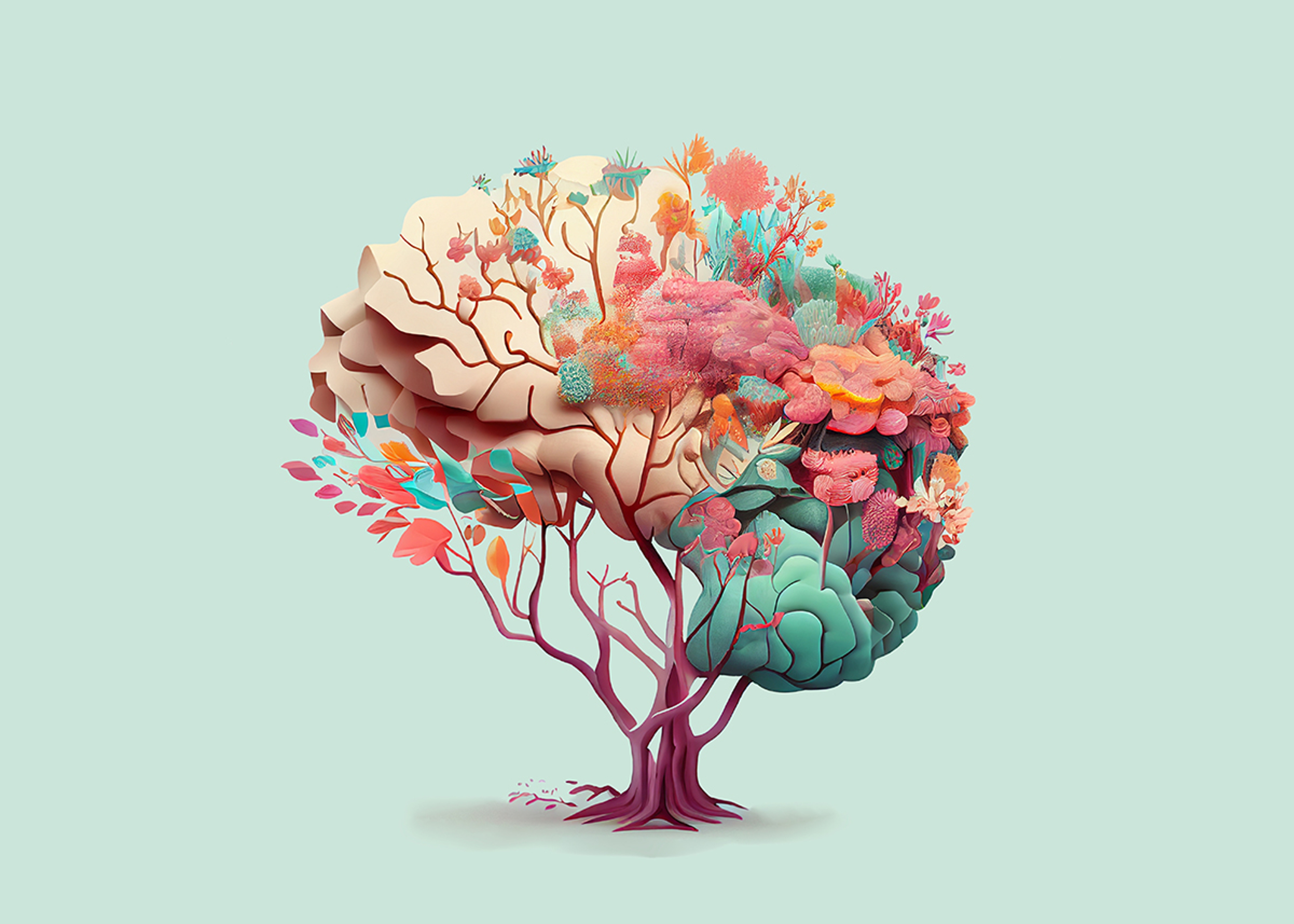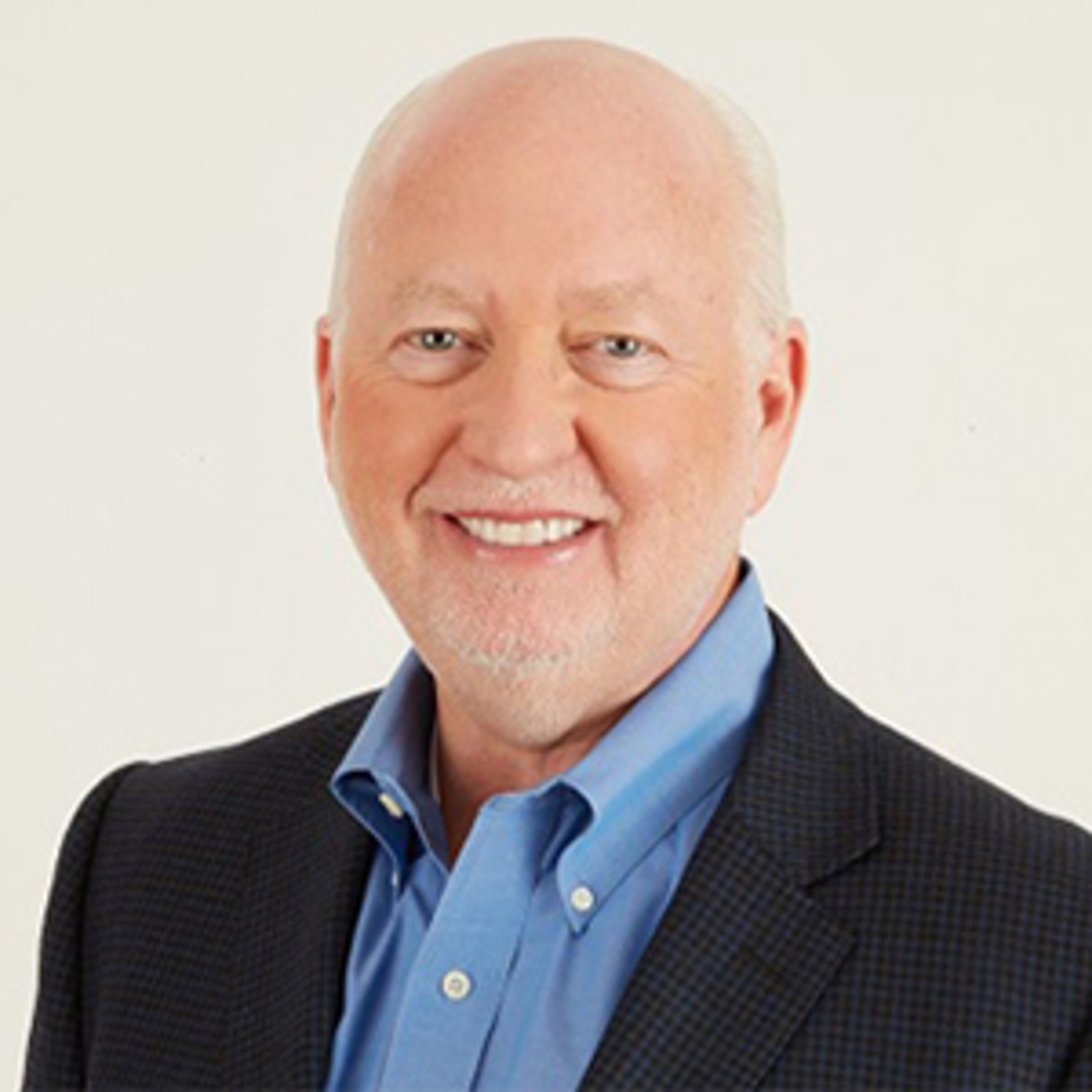Something to Think About: Protecting Your Brain for the Long Haul
To keep our minds sharp as we age, it’s important to make healthy food choices and stay connected.
Jun 22, 2025
Written by our Founder and Chairman, the Celebrations Pulse letters aim to engage with our community. By welcoming your ideas and sharing your stories, we want to help you strengthen your relationships with the most important people in your life.
Living longer used to be a dream, and now it’s the norm. Thanks to advances in medicine and public health, the average human lifespan has grown by decades. But longevity raises questions: How do we fill those extra years with meaning? How do we make sure we’re not just living longer, but living well?
If you’re fortunate enough to reach your 90s — or even beyond 100 — you’ll want more than just time. You’ll also want clarity, independence, and vitality. To do that, you need to pay just as much attention to your brain as you do to the rest of your body.
For most of my life, when we talked about aging, the focus was always on heart health, cholesterol, joint pain, and other physical issues. Today, the conversation is expanding as people realize that a strong, healthy brain is every bit as important as strong, healthy bones.
The good news? We’re learning more every day about how to nourish our brains. The even better news? Many of the same habits that keep our bodies fit also protect our minds.

Why brain health matters
Over the years, I’ve had countless conversations with friends and colleagues who’ve shared stories about aging parents with memory loss and their own fears around cognitive decline. These aren’t rare or isolated concerns.
In fact, the number of dementia cases in the United States is expected to double by 2060 as the population ages. Overall, about 42% of people over 55 in the U.S. will develop dementia in their later years, according to the study by the National Institutes of Health and NYU Langone Health.
This isn’t just a personal health concern anymore — it’s becoming a societal one. This year, the total cost of dementia is estimated to be $781 billion. Caring for people is already a staggering global economic challenge, and it will continue to grow.
The challenge has opened the floodgates for innovation. At Worth Media Group’s recent Living Well: Optimizing Health and Longevity conference, the intersection of longevity, technology, and lifestyle medicine is giving rise to powerful tools.
AI-driven voice recognition models are being used to detect the earliest signs of Alzheimer’s. Cognitive wearables and brain-health apps are turning our everyday habits into rich data insights. And the marketplace is taking notice. Investors and entrepreneurs alike are embracing this frontier with a sense of urgency and optimism.
The impact of daily choices
We can’t pin all our hopes on future cures or high-tech solutions. The truth is, there’s a lot we can do starting today. In fact, scientists estimate that nearly half of dementia cases could be delayed or prevented by lifestyle changes alone.
You’ve probably heard it before: “What’s good for the heart is good for the brain.” Exercise boosts blood flow and supports the growth of new neural pathways. Quality sleep is essential — during deep sleep, our brains perform a kind of “nightly cleaning,” clearing out waste and reinforcing memory.
Staying mentally active is also important. People who embrace lifelong learning and maintain a strong sense of purpose tend to experience better brain health and overall well-being. Multiple studies have found that purpose-driven individuals are more resilient and more cognitively engaged.
Every week, I hear from people in our community who are taking up new hobbies, mentoring the next generation, or simply staying curious. These acts build what's known as "cognitive reserve," giving the brain extra capacity to adapt and thrive.

Food for thought
What you eat also plays an important role in maintaining a healthy brain.
Recently, on my Power & Impact podcast, I spoke with Dr. Uma Naidoo, a Harvard-trained nutritional psychiatrist and professional chef who directs nutritional and lifestyle psychiatry at Massachusetts General Hospital.
Her work is at the forefront of a movement we’re finally starting to recognize: Food is medicine, and it can have a profound impact on how we think, feel, and age.
Dr. Naidoo’s books, This Is Your Brain on Food and Calm Your Mind with Food, have opened a lot of eyes, including mine. In our conversation, she shares how simple food choices, such as eating a whole orange instead of drinking processed orange juice, can affect not only our physical health but also our emotional resilience and cognitive sharpness.
Dr. Naidoo recalls growing up with her grandmother, who taught her how fresh vegetables, slow cooking, and mindfulness could nourish both the body and the brain. Those lessons stayed with her, and they remind us that some of the best tools for longevity are the ones that have been in front of us all along.
The relationship connection
And then there’s one of the most powerful brain boosters of all: other people.
Strong social connections improve function, slow decline, and reduce the risk of dementia, according to studies. When we’re talking, laughing, or just hanging out with others, our brains release oxytocin, which lowers stress and strengthens neural pathways.
Social interaction also taps into multiple parts of the brain at once, including areas responsible for language, memory, and empathy. It keeps us flexible and resilient.
On the flip side, the absence of meaningful connections can take as much of a toll on the brain as physical illness does on the body. Chronic loneliness weakens cognition and harms our health in other ways by elevating stress hormones, disrupting sleep, and increasing the risk of heart disease and depression.
So here’s a simple way to protect your brain: Reach out. Send the message. Make the call. Invite someone in. Use your power. It’s good for them, and it’s good for you.
In the end, a long life is a gift. Let’s make the most of it.
All the best,
Jim













